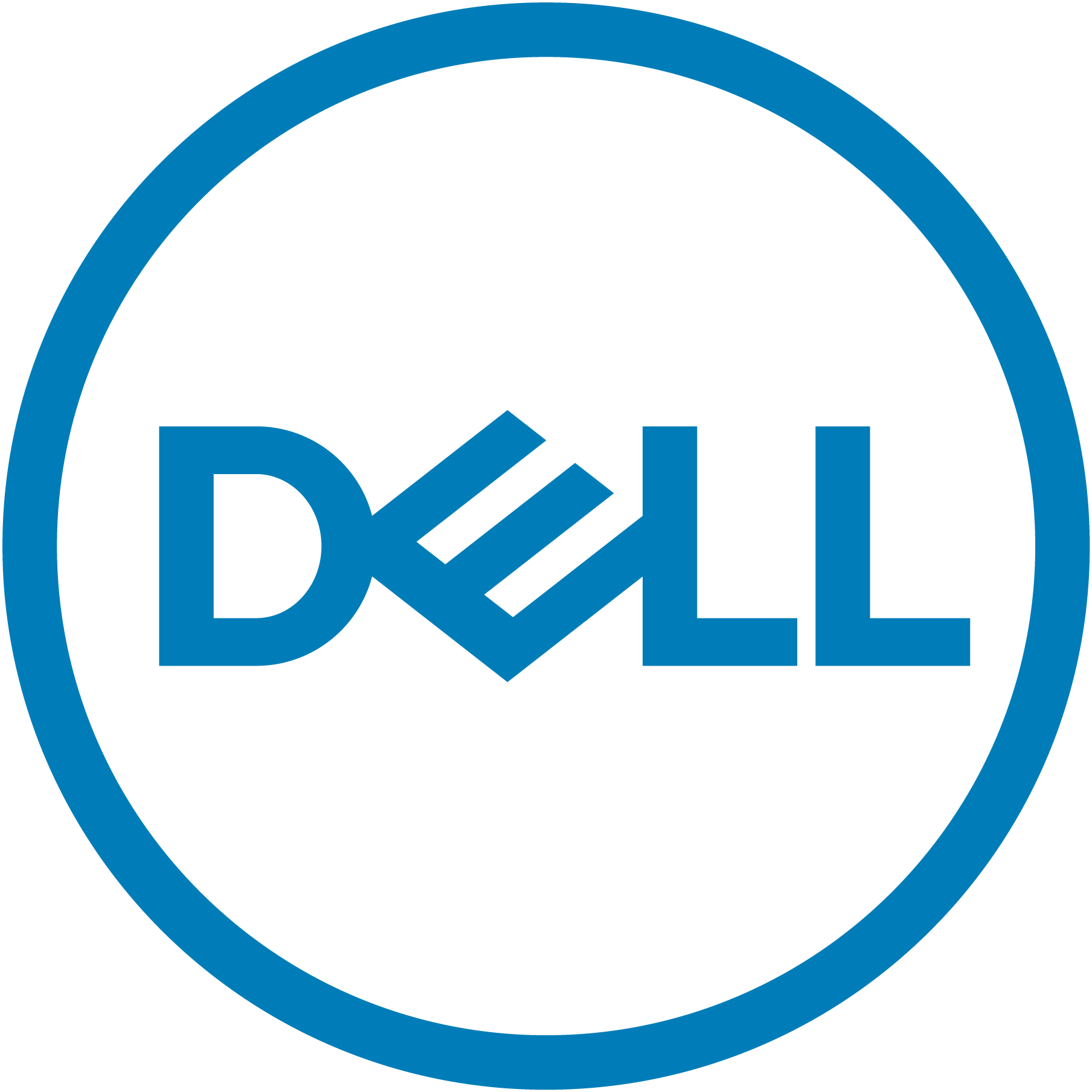Reducing the Environmental Impact of Our Operations in India

We work aggressively to reduce the environmental footprint of our India facilities by developing solutions that address the country’s unique challenges to air and water quality.
We are continually looking for ways to minimize the amount of natural resources used to create and deliver Dell products and services. Although we cultivate a global culture of sustainability, every region in which we operate has unique needs and challenges related to water, energy and waste. Therefore, we encourage each of our Dell-owned and Dell-operated facilities worldwide to identify and implement site-specific programs for reducing the environmental impact of their operations (for more information, see our FY18 Goals Dashboard).
Dell has team members working at 18 locations across India, a country whose large population brings large environmental challenges. India will soon be the world’s most populous country, and it is also urbanizing rapidly. Approximately 200 million more city dwellers are expected by 2030, bringing more buildings, roads and cars—and carbon emissions.
Reducing emissions from our operations
To reduce the emissions from our operations, we began sourcing renewable energy from one of our large facilities in Bengaluru in late 2016, and we are evaluating additional opportunities at other facilities. We operate on-site solar photovoltaic systems at office locations in Gurgaon and Hyderabad, and at our Chennai manufacturing facility, with a total generation capacity of 560 kilowatts. One of our Bengaluru facilities has earned LEED (Leadership in Energy and Environmental Design) certification, and five of our facilities in India (including the LEED-certified facility) have Indian Green Building Council gold or platinum certifications. Additionally, our India facilities have expanded their commitment to Earth Hour, making it a weekly rather than annual occurrence. By switching off lights each week, we saved over 40,000 kilowatt-hours of electricity and avoided approximately 33 metric tons of carbon dioxide equivalent (CO2e) emissions in FY18.
Prioritizing employee transportation safety
Dell contracts with employee transportation providers in northern India that primarily use vehicles powered by compressed natural gas, which is a low-carbon, cleaner burning fuel than gasoline. Across multiple locations in India, more than 900 vehicles, arranged and scheduled by Dell, provide safe and convenient transportation to about 4,800 team members daily. Dell’s employee transportation management program was recognized in FY18 by earning the ISO 39001:2012 road traffic safety certification. This type of industry leadership also led Dell to earn the 2017 Golden Peacock Award for Corporate Social Responsibility, India’s highest honor for corporate excellence.
Conserving and reusing water
Water conservation is a high priority at Dell’s India facilities because the country is facing a large-scale water crisis. With 54 percent of India’s total area experiencing high to extremely high water stress, almost 600 million people are at an increased risk of surface-water supply disruptions. And more than 100 million people live in areas with poor water quality.
Our Dell-operated facilities have on-site wastewater treatment plants because nearby cities lack central treatment facilities. At four of our largest campuses, we reuse about 80 percent of the wastewater, repurposing it to water landscapes and flush toilets. We’ve also updated many of our hand-washing sinks with water-efficient fixtures, which together are saving 1 million liters of freshwater annually.
Diverting waste from landfills
To divert waste from landfills, we operate on-site composting machines at our facilities in Chennai, Gurgaon and Hyderabad. To further reduce the amount of waste we generate, in FY18 our facilities teams across the country switched their daily equipment maintenance checks from a paper-based system to an electronic system. Using tablets and smartphones not only saves 5,000 sheets of paper per day, but it also enables teams to communicate and repair inefficiencies more quickly.
And since 2015, team members across the country have been bringing their own coffee mugs to work rather than using paper cups. Their initiative saves more than 12 million cups annually — the equivalent of about 1,100 trees each year.
This story shares one example of how Dell is committed to driving human progress by putting our technology and expertise to work where it can do the most good for people and the planet. More at legacyofgood.dell.com.

